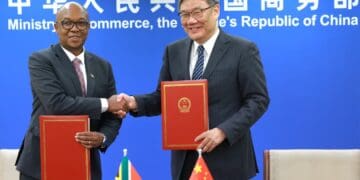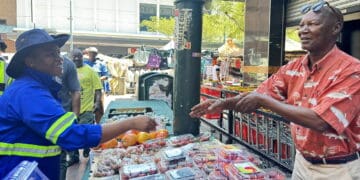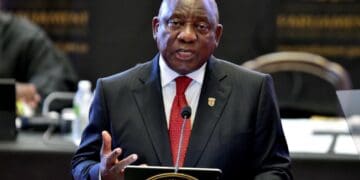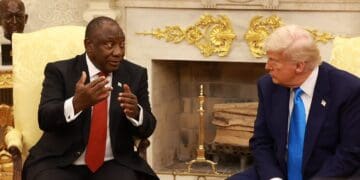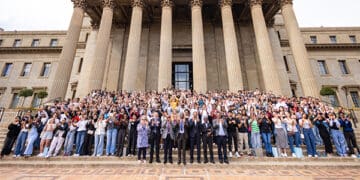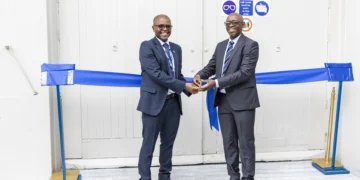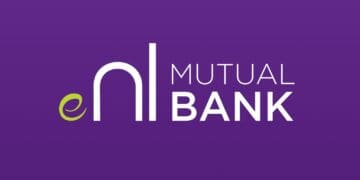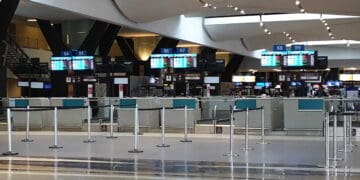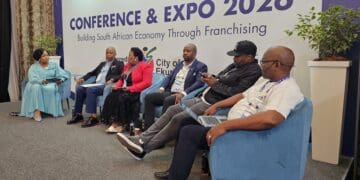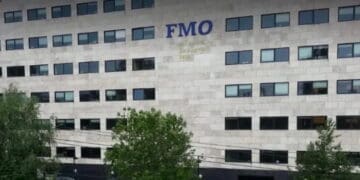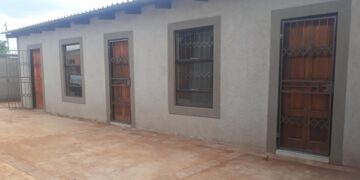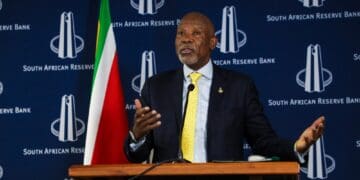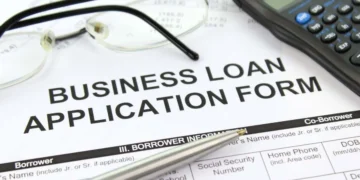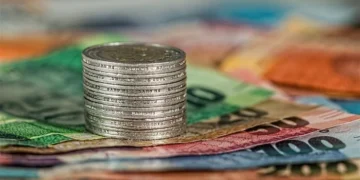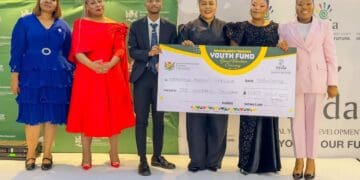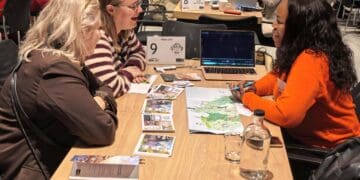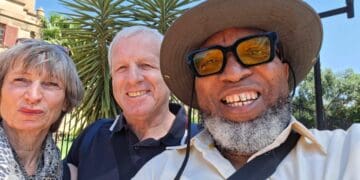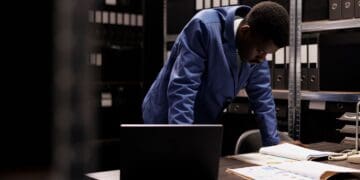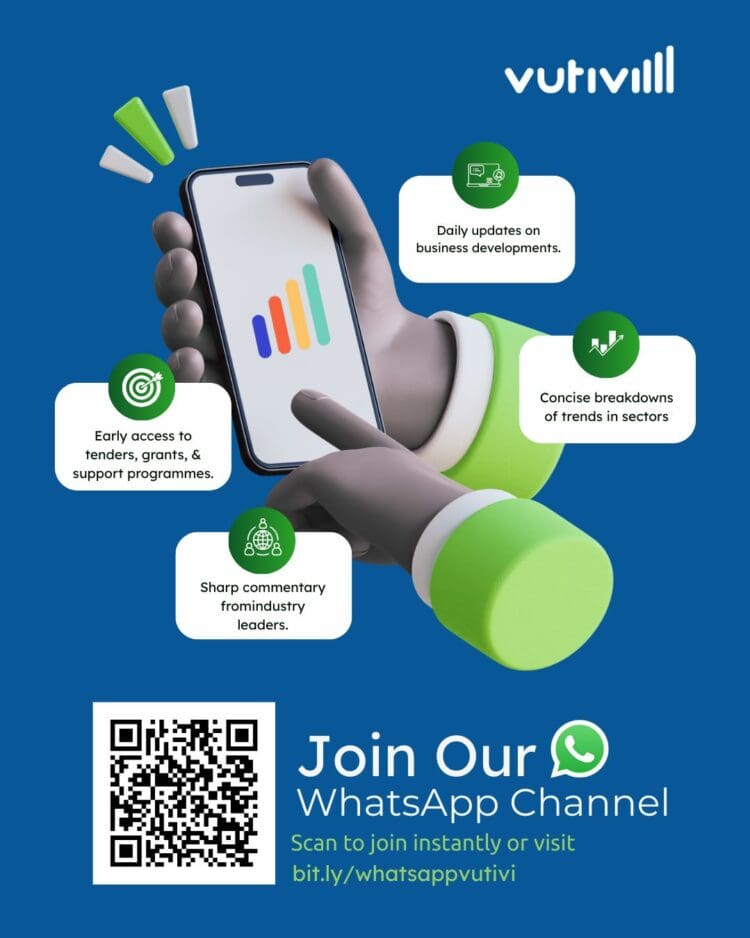A patient enters the indumba (consultation rondavel) of an indigenous spiritual healer and instead of the traditional practice of putting down hard cash on a grass mat as part of ukukhanyisa, he makes an electronic payment to the healer through his smartphone.
Ukukhanyisa is a sacred process in which, before consultation, a patient puts down an offering, usually cash, on the floor to allow the healer to connect spiritually to the ancestors, asking for guidance and wisdom to assist them.
In a changing world that’s fast embracing a cashless model of payment, indigenous healers also find themselves having to catch up with trends.
However, the integration of electronic payments into indigenous healing practices has sparked debate among practitioners about whether it’s a necessary step to adapt to modern times or if it compromises the sanctity of the practice.
The debate highlights the tension between tradition and modernity. While some see EFT payments as a necessary adaptation, others believe it compromises the spiritual significance of ukukhanyisa.
“It’s for convenience, but many people stick to traditional payment methods,” said Dr Refiloe Lerumo, who has a speed point in her indumba but uses it sparingly.
She said it was important to keep things simple and traditional, as it was part of the appeal of becoming a healer.
However, Mkhulu Romeo, founder of the Sangoma Festival, disagrees.
“If you’re not using EFT payments, you’re backward. We need to adapt as traditional healers to stay relevant,” he said.
He advocates for embracing modernisation, including changes in packaging and payment methods.
Not everyone shares this view. Gobela and Bishop Patrick Chauke believes that ukukhanyisa only makes sense in physical form.
“People come to me with cash, which is placed on the floor, and tobacco is poured on it to connect ancestors,” he explained. “EFTs defeat the purpose and make it look like a business.”
Chauke added that he was sceptical about online consultations and the use of a Speedpoint in traditional healing.
“I don’t know how some sangomas navigate these modern methods, but I stick to the ancient ways,” Chauke said.
Sangoma Sinethemba Dlamini said she was adapting and saw nothing wrong with having a speed point in her indumba. She also consults over the phone and online.
“I know what I’m doing, I know how to connect to my client’s ancestors even through video calls, and it really doesn’t matter if people think it’s a hustle, so long as my clients are happy,” she said.
Cultural expert Dr OV Esbie highlights the convenience of using EFT payments for ukukhanyisa and healing services, assuring that it does not negatively impact the healing process or client experience.
He also conducts online consultations, which, despite initial reservations from some clients, ultimately led to satisfaction and appreciation for the convenience offered.
Esbie notes that traditional practices have evolved, much like how ancient societies used alternative forms of payment, such as livestock. He points out that embracing change can be beneficial.
“In us serving the client, we create the best possible convenience for them,” he said.
He further explained that in the space of ukukhanyisa with online consultations, a healer could have that money, take imphepho (incense) and communicate with their ancestors, letting them know that the client has paid using the modern-day payment method and all would be well.



